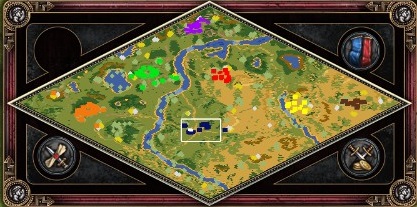

in an area dominated by Germanic-speaking peoples at the turn of the era? Heather calls it “the fundamental transformation of barbarian Europe in the first millennium ad” (p. The question is, how did this “impressive” Slavic state (Moravia) arise before 1000 c.e. Hence he opens with an incident of 882, from a Frankish chronicle, in which a band of Moravians mutilated and killed a Frankish leader on their territory. Heather wants to examine the whole first millennium and the shaping of Europe after 500. Still, the main question is how and why the arrival of new peoples caused the “fall” of the West a recurrent theme is the violence and disruption involved.īut this is more than just another “who lost China?” essay. Thus, no moral judgment is implied in the traditional term “barbarians.” These are value-neutral barbarians, if you will, and Heather duly devotes attention to “agency” among them, not just to the actions and fate of the empire.

Now, in Empires and Barbarians, Heather professes not to bemoan the loss of a civilization that had a decidedly unsavory side (“a world happy to feed people to wild animals in the name of entertainment” ). saw true decline, and the widely pooh-poohed “end of the Western empire” in 476 had a more than symbolic significance. For the counter-reformers, the years leading up to 500 c.e. For one reviewer, the two represented a “counter-reformation” in studies of what used to be called Rome’s “decline and fall.” So, the “reformers” would be those many scholars who now view the late Roman–early Medieval as a world of new beginnings rather than a time of death and destruction. When Peter Heather’s The Fall of the Roman Empire: A New History appeared in 2005, a natural choice for reviewers was to cover it jointly with Bryan Ward-Perkins’s The Fall of Rome and the End of Civilization, published by Oxford the same year.


 0 kommentar(er)
0 kommentar(er)
